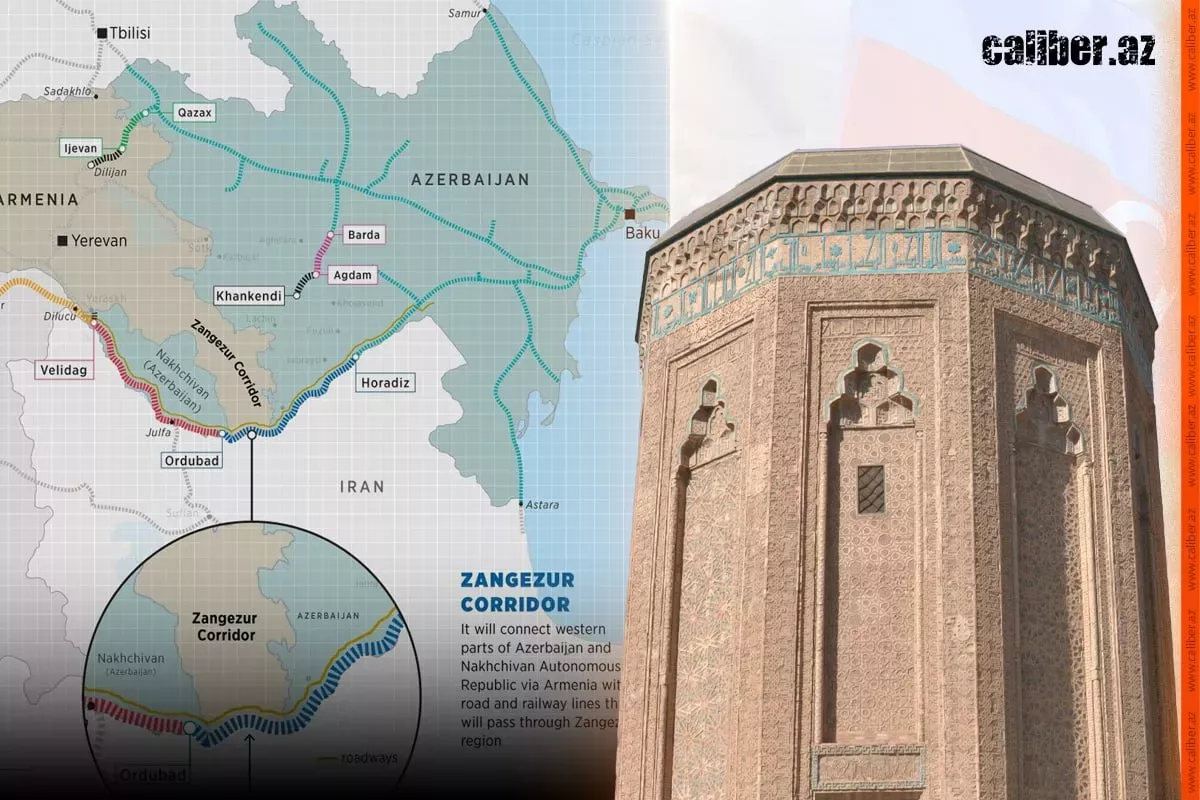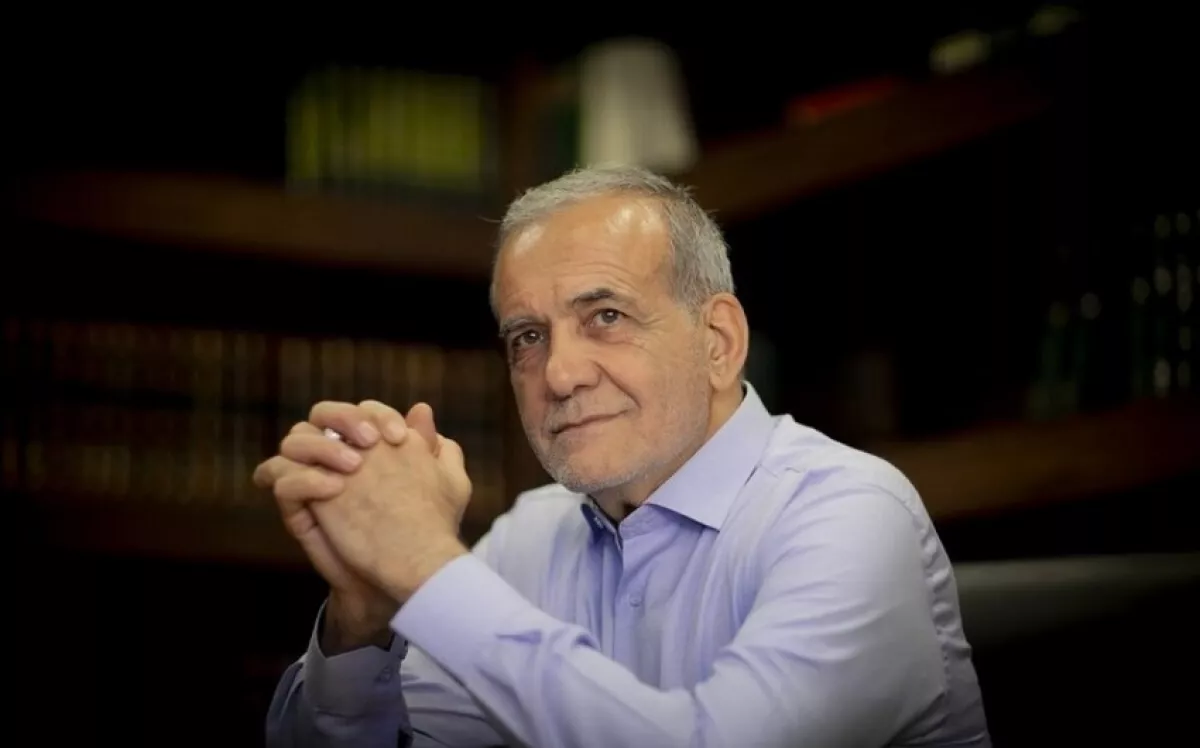Zangezur corridor and fears of Iranian conservatives Historical myths vs. real geopolitics
Iran’s Supreme Leader’s advisor on international affairs, Ali Akbar Velayati, has recently been notable for his sharp statements. This time, he delved deeply into history, referring to the Caucasus as a “buffer” zone and noting that the region has long been considered a “strategic shield” for Iran.
“The Caucasus has historically functioned as a strategic security buffer for Iran since the time of the Persian king from the Achaemenid dynasty, Cyrus the Great. According to the works of the Greek historian and geographer Herodotus, Cyrus built fortifications in the Caucasus region to protect Iran from raids by nomadic tribes, thereby reinforcing the region’s enduring role as a defensive frontier,” he wrote on social media platform X.
First of all, it is worth reminding the Supreme Leader’s advisor of the Islamic Republic of Iran that, for centuries, the Caucasus was far from being a “buffer for Iran” and was instead the target of its endless expansionist ambitions and a stage for advancing its interests. Moreover, today the South Caucasus consists of three sovereign and independent states—Azerbaijan, Armenia, and Georgia—that independently determine their foreign policy, including their development trajectory and strategic partners.
Secondly, the source of this rhetoric is clear. Illogical statements from certain members of the Iranian establishment and military leadership are a reaction to the recent Washington agreements signed between the leaders of Azerbaijan and Armenia, with the participation of U.S. President Donald Trump, which include, among other provisions, the implementation of the Zangezur Corridor.

Let us recall that on August 9, literally the day after the Washington summit, Velayati told Tasnim in an interview that “the construction of the Zangezur Corridor will threaten the security of the South Caucasus” and warned that “Iran will oppose it regardless of whether Moscow joins Tehran or not.” Moreover, the Supreme Leader’s advisor described the project as “a threat to Armenia’s territorial integrity” and regional security, comparing the U.S. president’s “lease-like” idea to the Panama Canal and threatening that “the corridor will become a graveyard for Trump’s mercenaries.”
Echoing Velayati, Deputy Commander of the IRGC for Political Affairs, General Javani, stated that Tehran would not allow the creation of an “American corridor” near its borders and would use “military force” to obstruct U.S. plans.
In principle, this reaction was entirely predictable. Senior conservatives close to Ali Khamenei, who are known for their anti-Azerbaijani and staunchly anti-American positions, could hardly respond differently to the prospects of implementing the Zangezur Corridor and the American presence in the South Caucasus.
However, Iranian President Masoud Pezeshkian’s stance on this issue stands out as balanced, pragmatic, and politically sound.
“It’s not as the news reports exaggerate. The Islamic Republic’s demands regarding this route have been taken into account,” Pezeshkian said in response to a question about the U.S. presence in the region, noting that issues important to Tehran—such as territorial integrity and free access to Europe and the north—were considered in Washington. In effect, the Iranian president diplomatically smoothed over the sharp edges of the disputes surrounding the Zangezur Corridor.

This approach of Pezeshkian is further reinforced by the relatively measured statements of Iranian Foreign Minister Abbas Araghchi, who noted that the joint declaration by Armenia and Azerbaijan reflects three principles aligned with Iran’s position: respect for sovereignty, respect for territorial integrity, and opposition to changing borders. He also added that the corridor issue is no longer under discussion.
Summing up the above, we can confidently say that Velayati represents the views of a segment of the radically conservative elite, rather than the official stance of Tehran. However, opponents of the strategically significant Zangezur Corridor should not overlook one key point: Azerbaijan and Armenia reached a compromise on this issue in Washington, in the world’s “office number one,” meaning that any attempts by external actors to obstruct this process are bound to fail.








